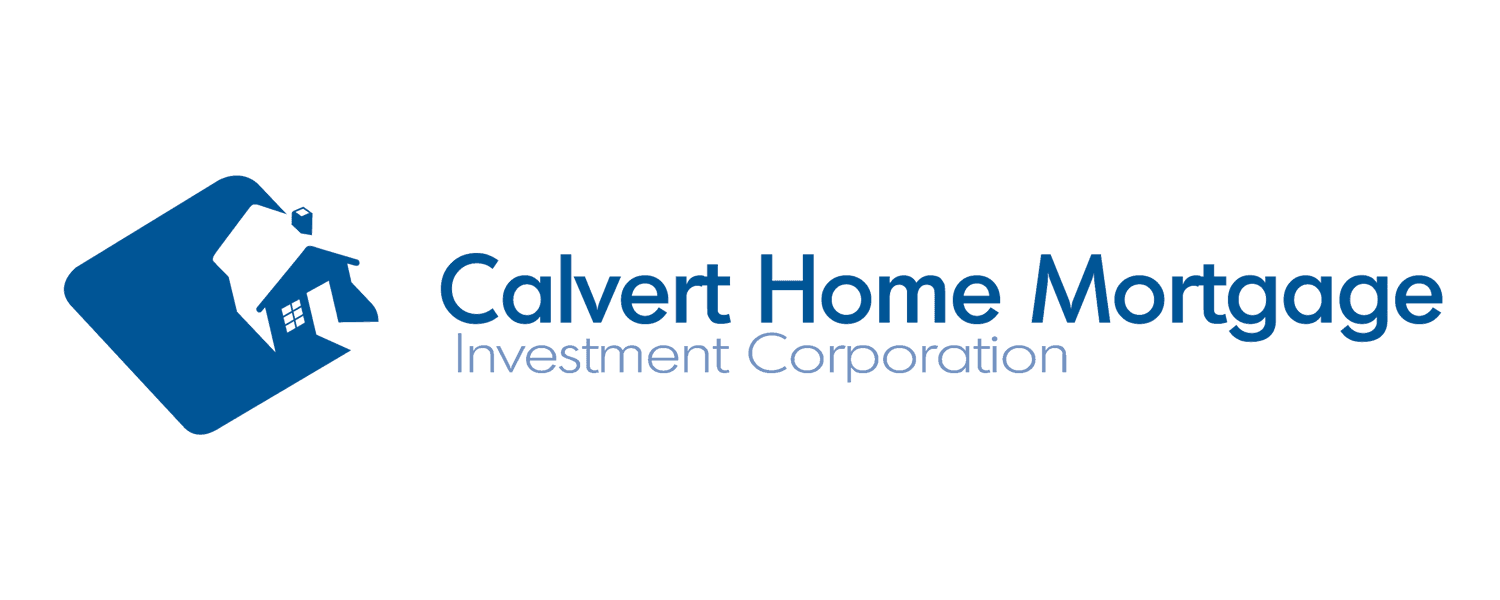By Dean Koeller, President and CEO, Calvert Home Mortgage
A family-owned business has unique challenges, but it also brings with it unique opportunities for success.
At Calvert Home Mortgage Investment Corporation, we have put effort into building a culture for our business that reflects our family values. It hasn’t always been easy, and we continue to learn on our journey.
We have run the gamut in our business, from facing significant financial challenges, to facing family disharmony and seemingly insurmountable business challenges. But we have come through in a way that has made our family and business stronger.
We learned and put into use a frame work used in family businesses called the three-circle model. The three circles are Family, Ownership and Business. It is where the circles overlap that many businesses and families have challenges.
Good governance would suggest that families, employees and stakeholders are thoughtful in what circle they are in and understand who, what and where communications and decisions need to be made. Using this framework has served our family and our business as we continue to learn, grow, and adapt.
In understanding our culture, the work of John Defrain has been particularly helpful. He is a Professor Emeritus at the University of Nebraska-Lincoln and has done extensive research and writing on the development of strong families. Specifically, he and his research team identified six key traits that make a strong family.
Those six areas are what our family has focused on personally and in business. We have used them to both learn and implement these components into our lives. And we have learned that the six traits are also key to a strong business.
Appreciation and Affection
Our business was founded by my father, Everett Koeller. I joined the business in 1997, and my brother Dale joined in 2000. In those early days, things were not going well. We found help in the community of family-owned businesses that’s now called Family Enterprise Canada.
Resources there helped us build a framework and tools to learn how to separate our roles, our communication, and our governance through that three-circle model. We learned to appreciate our differences and leverage our strengths, giving us all a purpose and capacity to contribute to the success of the business.
We’ve used that learning to build a culture of caring at Calvert Home Mortgage, rooted in the idea of showing appreciation and affection to our employees, clients, shareholders, business partners and the greater community.
Here are a few examples:
- We will not sell clients on our financing products and services unless we know they will be a benefit from our efforts. Instead, we assist them with outside resources.
- Our company is focused on coaching and mentoring. I personally provide one hour of one-on-one coaching to each employee, each month, ten months of the year, focusing on personal development.
- We have a company bucket list program, which encourages our employees to live an inspired life and not lose focus of their dreams and do the things that give them passion and enjoyment. Each year we support all our employees to complete a bucket list item.
- We have regular and meaningful opportunities for our employees to socialize with each other and celebrate important events in their lives.
Commitment
Our family and our business show a strong commitment to one another. This commitment includes investing time and energy, building trust, and being honest and dependable.
The commitment was tested and survived a series of setbacks in 2008 through 2010, which included the United States mortgage crisis in 2008 which impacted markets and the real estate sector in Alberta; changes to Canadian securities regulations in 2009; and changes in the 2010 federal budget which impacted our entire family investment in our company.
While one solution was to sell the company, we instead committed to fighting for our company. My brother and I went from working for the family business to being owners of the business, with a newfound commitment that showed our father we were “all in.”
We also believe in trust as a key component of commitment. Our business spends a lot of time educating our employees of the importance of building trust with each other, our clients, and our shareholders. We have found that when we take the time to educate our employees, and give them clarity and transparency into the business, we improve our trust with each other. This speeds our productivity, reduces our costs, and increases our energy and focus.
Employees who understand the “why” can move faster, with greater confidence and produce extraordinary results. As an example, we can intake a mortgage and fund it within 24 hours because of the trust we have both within the company and with our clients.
Our team has quarterly meetings to share financial results, share our wins, our losses, and our learnings, and ensure every employee knows the goals of the company. This gives everyone the opportunity to ask questions, share ideas and understand how their contributions matter to the health and well-being of the organization.
Finally, we have feedback interviews with our clients, and we conduct annual employee surveys, with a focus on hearing and doing something about it.
Positive Communication
We have also worked hard on positive communication. There are several components to that:
- Being task orientated in communication, by identifying problems and discussing together how to solve them
- Listening to each other
- Open-ended conversations that can reveal important information
- Giving compliments
- Sharing feelings without blame
- Being open to compromise
Our basic premise is that what does not get talked out gets acted out, and often in a non-productive way. We stress that not talking about something does not mean it is not having an impact.
Another important focus for us is embracing failure. We believe a person cannot grow, innovate, or develop a business without embracing failure.
The fear of failure will hold employees back from offering their best thinking, their creative ideas, and from trying new things. The ability to admit mistakes is necessary to learn from them. At Calvert Home Mortgage, our leadership team talks openly about our failures and encourage others to do the same. The key is to learn from your mistakes.
Enjoyable Time Together
As a family, we enjoy time together. That doesn’t mean extravagance and expense. It can be as simple as quality time together, sharing memories, and enjoying each other’s company.
As a business, we make a point of connecting as a team. That includes daily stand-ups, weekly department meetings and management meetings, monthly lunch and learns, quarterly company meetings and several annual events.
At each meeting we have “shout outs” where employees share their gratitude and appreciation to their team members. We also take pictures through the year and share at a year-end slide show.
Spiritual Well-being
We define spirituality at our company in several ways:
- a feeling of oneness with the world
- sharing values
- commitment to important causes
We believe employees are looking for a sense of connection and inspiration at their organization, with shared values and a meaningful purpose.
To that end, our missions and visions are living, breathing statements and not just words on the wall. We continually talk about them and adjust them as our company changes and evolves.
We also believe that we need to build bridges with our community, so our family established a charity The Charitable Foundation of the Family to focus on desire to give back. We encourage our employees to connect with their own community and give back in meaningful ways. It’s amazing how good people feel by giving to others, especially to those groups or causes that have a special meaning in their lives.
Successful Management of Stress and Crisis
Strong families possess the ability to manage both daily stressors and difficult life crises creatively and effectively. They work together to meet challenges, they are adaptable, and they are resilient.
The same is true of a business, and the COVID-19 pandemic has certainly tested that resolve. We had been through economic crises before, and we knew the work and effort that could be ahead.
We implemented several strategies to adapt to the virtual world that was suddenly upon us, challenging our face-to-face culture and the in-person, paper world of our clients and our business.
In the first 30 days of sending our employees home, we set up our systems to work remotely. We had a psychologist presenting bi-weekly lunch and learnings on mental health.
We implemented a strategy of reaching out to all our clients, educating them on resources available through government and industry programs. We developed a weekly cadence of communicating with our shareholders on what we were thinking and doing to protect their investments.
The stress and challenges of the situation has brought our team closer than ever before. Our industry is slowly adapting to a new way of business and embracing technology to make it easier to facilitate a real estate purchase. And, we have been successful in our expansion in Ontario.
The Bottom Line
Any family, like any business, goes through bumps in the road. Ours is no different. We have been on a journey of learning and continue to explore and adapt.
We have benefited from the use of the three-circle model of Family, Business and Ownership.
We have also learned that the 6 traits of a strong family are applicable at our family-owned business. We continue to focus on these traits in all three circles of our business, and we continue to grow together at Calvert Home Mortgage.




